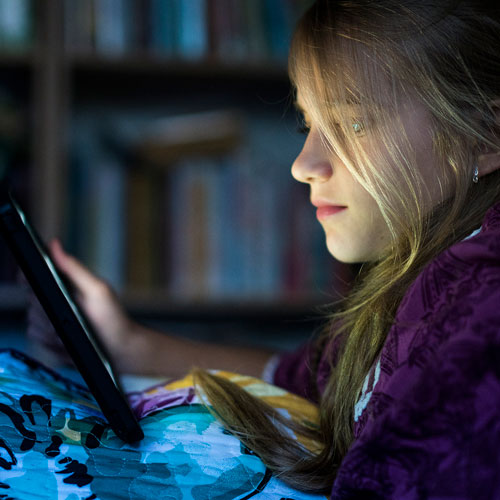The sun hangs high above the daara school in Senegal`s Thies region, about 100 miles from the capital city of Dakar. A large crowd has gathered in the circle of shade bestowed by the largest tree in the compound. Children, unfazed by the heat that radiates from the parched and sandy soil, run quick steps around them. The community members have gathered to share how they have transformed their school.
Thies is home to more than 700 daaras, which are informal Islamic schools that most parents favor over the government school system. From an early age, boys are sent to board at daaras, where they learn religious principles and how to read and write. Because most of these schools operate independently without oversight or financial assistance from the government, more than 30,000 children in the Thies region are missing out on a well-rounded formal education. Far worse, these children, often lacking proper shelter and food at the daaras, beg on the streets and face risks and abuses.
To address this situation while also respecting religious traditions, the government of Senegal is undertaking a daara modernization program, working with nonprofit partners like ChildFund. The goal is to provide a safe, nurturing environment for children and to add math, science and languages (French and Arabic) to the traditional religious teachings.
During the past 12 months, ChildFund has been working closely with community leaders to jointly transform the community. The results are all around, a new building with two airy classrooms; a brightly painted dormitory for 60 children, complete with neat bunk beds and hall bathrooms; and an open-air shelter for religious studies. Well-built private latrines are available for boys and girl, yes, the school now welcomes female children to day classes.
The new facilities are impressive, but it`s a tour of the old classroom and dormitory buildings on the opposite side of the compound that really highlights just how much Daara has changed. The dark and dingy classroom once held 300 students in what must have been impossibly crowded seating. Across the way is an equally bleak dorm room where 50 students once slept with cots and mattresses crammed together. It is hard to imagine how children could have possibly learned and slept here.
Under the shade tree, community members are eager to talk about the modernized school. “We wanted to improve the situation of the children living here,” says the leader of the Daara Management Committee. “Everybody in the village is involved. We want to be effective.”
The men and women explain that the work of keeping up the school and grounds is now divided among subcommittees: education, children`s health and welfare, animal husbandry and food. The community has welcomed ChildFund`s efforts to strengthen and support teachers in delivering expanded courses. “Our children can now do the same exams as in formal school,” one community member says.
ChildFund also has been instrumental in helping establish the school`s animal husbandry program (goats and cows) and a large garden to grow eggplant, okra, tomatoes and other nourishing foods for the children. “Children in other daaras must go outside [the compound] and beg for food. We are growing our own food, and the children have mother and parent figures they can turn to,” the committee leader explains. “It`s a big difference between the old way of running the daara and the way it is now.”
The children are shy and silent for a moment when asked what they think about the changes in their school. But then, Moy, a young boy of around 12, speaks up. “I like the new beds and the sleeping arrangements. I like the classrooms. And the fences that protect us.”
The success of the school has not gone unnoticed in the region. More parents are now sending their children to Daara. In turn, the Daara Management Committee and ChildFund are working together to gain more financial support from the Senegal government to pay teacher salaries and add more classrooms and teachers. Plans are under way to expand the garden and promote more community farming of millet, corn and peanuts to feed the children and also provide an additional source of income.
Working side by side these past 12 months, community members have discovered that they have the power to educate and protect their greatest asset, children.








